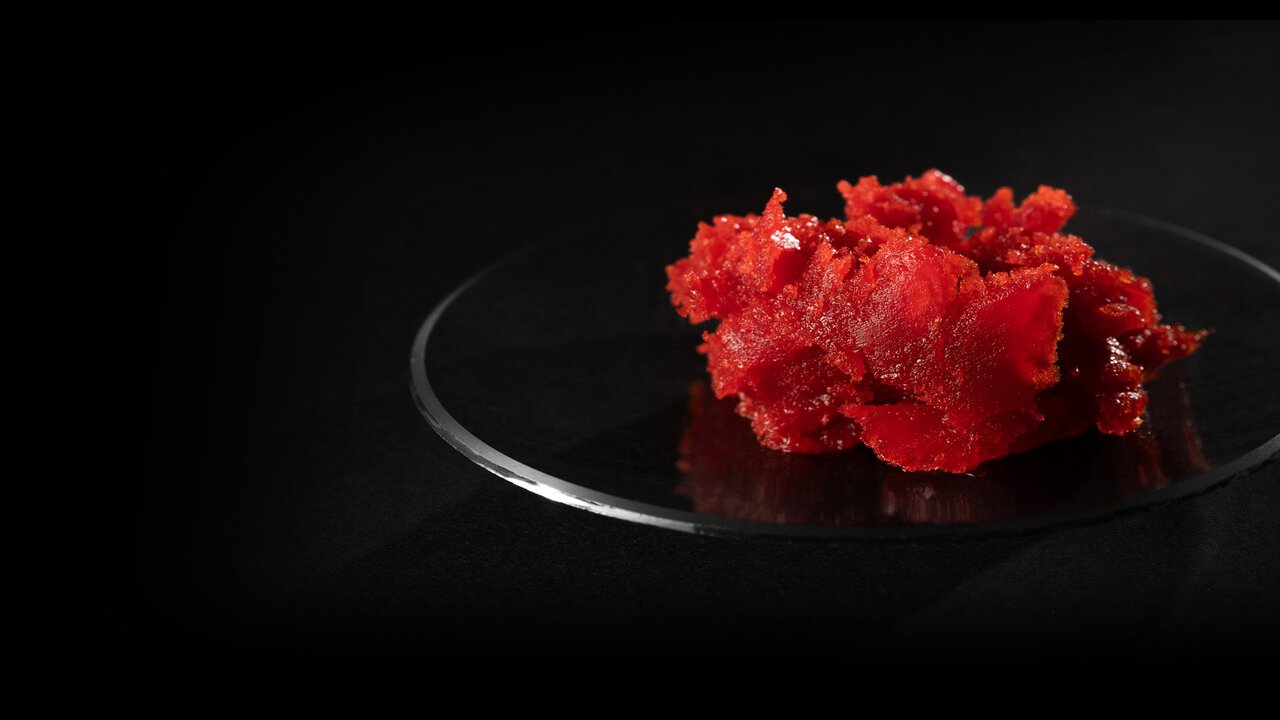Mounting consumer demand, inflation, and sustainability objectives drive food manufacturers to reevaluate their ingredient choices. Oil is a crucial ingredient in many foods and cosmetics, and now an Estonian startup has found a novel alternative.
ÄIO was founded in 2022 by two bioengineers, Estonian Petri-Jaan Lahtvee and Brazilian Nemailla Bonturi. It aims to reduce the use of palm and coconut oil, mineral oils, and animal-based lipid products by producing edible fats and oils from agricultural and wood industry side-streams.
Many industrial manufacturers shifted from animal fats years ago to vegetarian alternatives like palm and coconut oils. But vegetarianism doesn't always mean green.
Historically, the growth of palm plantations and the use of palm oil is highly problematic from an environmental standpoint. It's linked to illegal growth in wild forests, deforestation, and displacement of endangered species, and forced slavery.
However, palm oil is used in 68 percent of processed foods, ranging from margarine to chocolate, pizzas, breads, and cooking oils. Its also used in 27 percent of industrial applications and consumer products such as soaps, detergents, cosmetics and cleaning agents;
Coconut oil may first appear as a viable alternative, summoning up images of beaches and swaying trees.
But research suggests its cultivation threatens biodiversity — and then, of course, there's the travel miles that coconuts must travel to service food and cosmetic manufacturers globally.
ÄIO provides an alternative to both palm and coconut oil.
It has developed natural and precision fermentation processes similar to beer-brewing or raising bread with yeast. Specifically, ÄIO specialises in growing microorganisms capable of producing beneficial fatty acids, antioxidants and pigments.
These are used to create microbial oils rich in omega-3 fatty acids.
I spoke to Lahtvee while visiting Estonia to learn more. He explained that the company targets B2B, including food and cosmetic manufacturers:
"Manufacturers are interested in more sustainable oils in response to customer backlash against palm oil. But they want the same quality at scale at a competitive price."
It relies on the "red bug" microbe created and patented by Nemailla Bonturi. Lahtvee explained that the company has developed three products so far:
- A Red Oil replacing conventional vegetable, seed, and fish oil. It can also be used in cosmetic products and household chemicals, replacing lubricants and surfactants derived from petroleum or palm oil.
- An Encapsulated Oil as a plant-based alternative to palm and soybean oils and nutritional yeast. Lahtvee explained that some of the first use cases in the works include its use in "making plant-based burger patties and bakery products like biscuits."
- The company has also developed "buttery fat" as a substitute for coconut and animal fats and shortenings.
According to the team's calculations, their solutions mitigate 160 kT of CO2 per year compared to the palm oil industry, which is projected to have a market value of 92 billion euros by 2030.
The company plans to start production on an industrial scale by 2026.
I was interested to see how ÄIO navigates the EU's novel food regulations, which require a series of time-consuming steps, including a scientific assessment before authorisation to ensure its safety for human consumption.
Lahtvee backed up the opinion of everyone I have spoken to about this topic:
"it is especially difficult in Europe to get the necessary authorisation. The delays are definitely a downside.
We already see a lot of European-founded companies — who received funding in Europe — moving away if they want to commercialise their products. They go to Asia."
This is not only a huge loss to food innovation in Europe but also the number of skilled researchers and entrepreneurs."
The company is currently working with food producers who are testing its products in their final food products.
While ÄIO works primarily with European clients, it also has partners in the US and South America and is also exploring Asia.
It has received numerous grants and funding to the amount of €2.6 million, most recently receiving a €1.5 million grant in May this year from Enterprise Estonia.
This has enabled its team to grow and a greater focus on R&D, with future plans for its demo-scale production facility.
Lead image via ÄIO. Photo: Uncredited.



Would you like to write the first comment?
Login to post comments